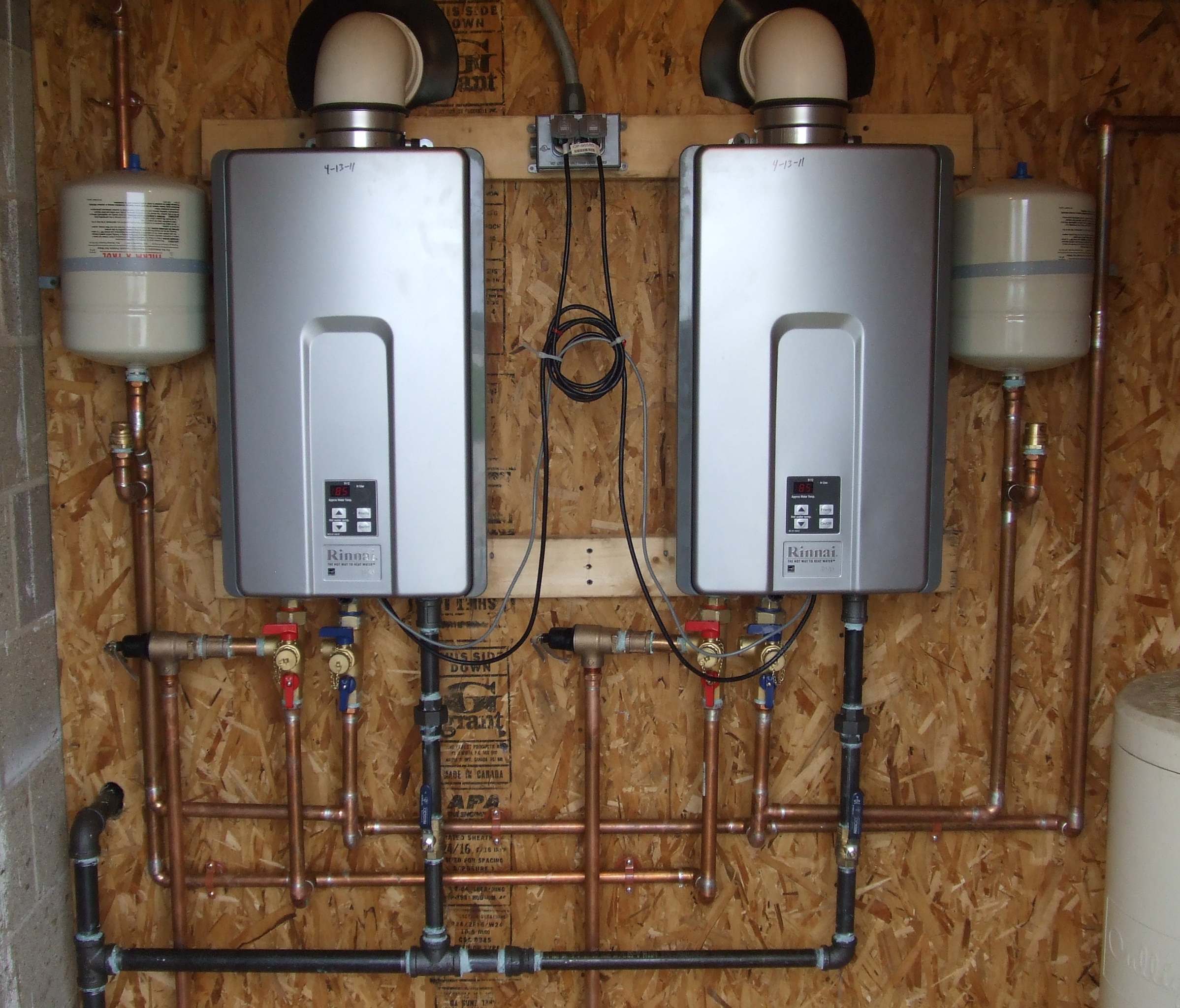The publisher is making a number of great points on Water Heater Repair and Troubleshooting overall in this article following next.

Envision starting your day without your routine warm shower. That currently sets a bad tone for the remainder of your day.
Every home needs a trustworthy hot water heater, but just a few recognize just how to manage one. One easy method to keep your hot water heater in leading form is to check for faults on a regular basis and also repair them as quickly as they show up.
Bear in mind to switch off your hot water heater prior to smelling about for faults. These are the hot water heater mistakes you are more than likely to run into.
Water also warm or as well cold
Every water heater has a thermostat that determines just how warm the water gets. If the water coming into your home is too warm regardless of setting a convenient optimum temperature level, your thermostat might be damaged.
On the other hand, also cold water may be because of a failed thermostat, a damaged circuit, or improper gas circulation. For instance, if you make use of a gas water heater with a busted pilot light, you would certainly get cold water, even if the thermostat remains in ideal problem. For electric heating systems, a blown fuse may be the wrongdoer.
Insufficient warm water
Hot water heater come in many sizes, depending on your hot water needs. If you lack hot water before everybody has had a bathroom, your water heater is too little for your family size. You need to think about setting up a larger water heater storage tank or selecting a tankless hot water heater, which takes up less space and is more resilient.
Unusual noises
There are at least 5 kinds of sounds you can speak with a water heater, yet the most common interpretation is that it's time for the water heater to retire.
Firstly, you need to know with the normal appears a hot water heater makes. An electrical heating unit may sound various from a gas-powered one.
Popping or banging sounds generally indicate there is a slab of debris in your storage tanks, and it's time to clean it out. On the other hand, whistling or hissing sounds might simply be your shutoffs letting some stress off.
Water leaks
Leakages might originate from pipes, water links, shutoffs, or in the worst-case scenario, the container itself. In time, water will certainly corrode the storage tank, and discover its escape. If this happens, you require to change your hot water heater as soon as possible.
Nevertheless, prior to your change your entire storage tank, make sure that all pipelines are in location which each shutoff functions flawlessly. If you still need help determining a leakage, call your plumber.
Rust-colored water
Rust-colored water means among your hot water heater parts is worn away. It could be the anode rod, or the tank itself. Your plumber will have the ability to determine which it is.
Warm water
Regardless of exactly how high you established the thermostat, you won't obtain any type of hot water out of a heater well past its prime. A hot water heater's performance might reduce with time.
You will certainly additionally obtain warm water if your pipes have a cross connection. This indicates that when you switch on a faucet, warm water from the heating unit streams in alongside normal, cold water. A cross link is easy to place. If your warm water faucets still pursue closing the water heater shutoffs, you have a cross connection.
Discoloured Water
Corrosion is a major cause of unclean or discoloured water. Corrosion within the water container or a stopping working anode pole could create this discolouration. The anode rod secures the tank from rusting on the inside and also ought to be examined annual. Without a rod or an effectively functioning anode rod, the hot water swiftly wears away inside the tank. Get in touch with a specialist hot water heater specialist to figure out if changing the anode pole will certainly take care of the issue; if not, replace your hot water heater.
Conclusion
Ideally, your hot water heater can last 10 years before you need a change. Nevertheless, after the 10-year mark, you may experience any of these faults extra consistently. At this point, you need to include a brand-new hot water heater to your spending plan.
How To Troubleshoot 3 Common Water Heater Problems in Twin Cities
The Water Heater Is Leaking
A leaky cold water inlet valve A loose pipe fitting A leaky temperature and pressure relief valve A corroded anode rod A cracked tank Turn Off Your Water Heater:
Shut off your gas water heater by turning the gas valve on the unit to the “OFF” position. Shut off your electric water by switching its power off at your electrical panel. Look for a two-pole breaker labeled “water heater” and turn it to the “OFF” position. Move the ball valve connected to the water heater to be perpendicular to the piping at a 90° angle. Look for the Leak:
Depending on whether the water is coming from the tank's top or bottom, you’ll want to look for the leak in different locations.
If the leak comes from the top of the tank, carefully look for water escaping from the cold water inlet valve or loose pipe fittings. Rusted hot and cold water valves can have loose connections with the tank, with water leaking out of them.
https://mspplumbingheatingair.com/blog/how-to-troubleshoot-3-common-water-heater-problems
We were shown that report about Water Heaters Problems through a friend on our other blog. Remember to take the time to promote this blog posting if you appreciated it. We cherish reading our article about Water Heater Repair and Troubleshooting.
Address leaks promptly.